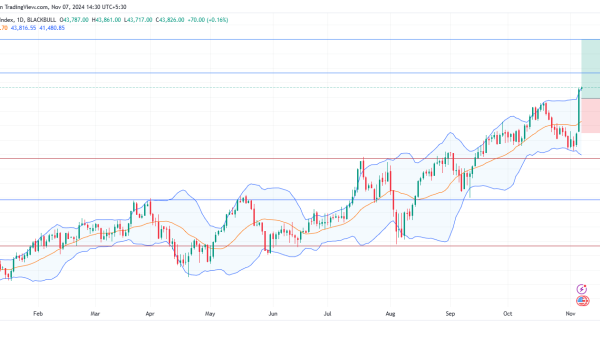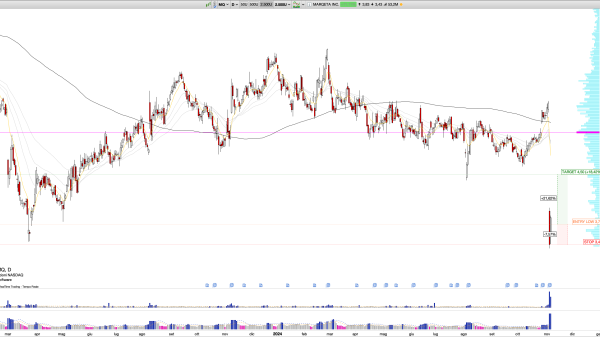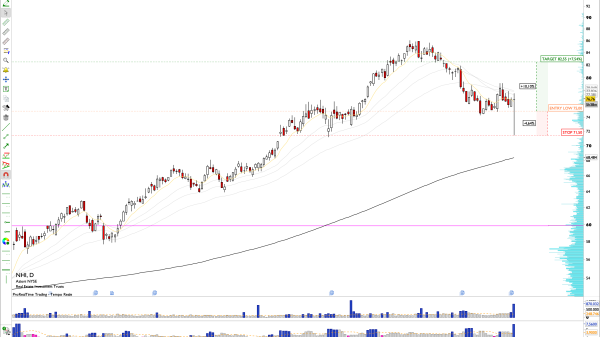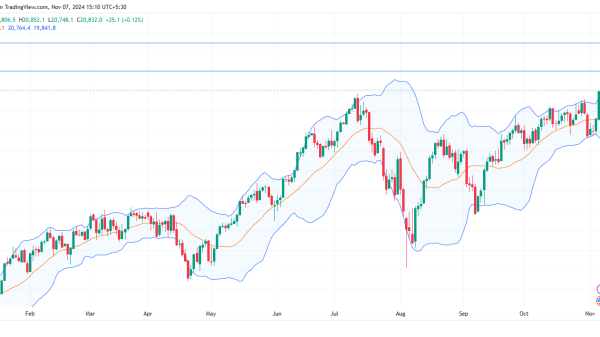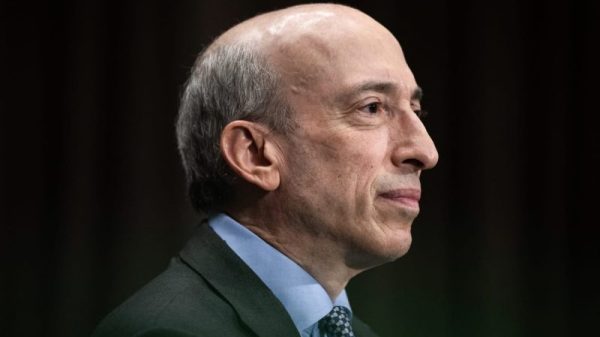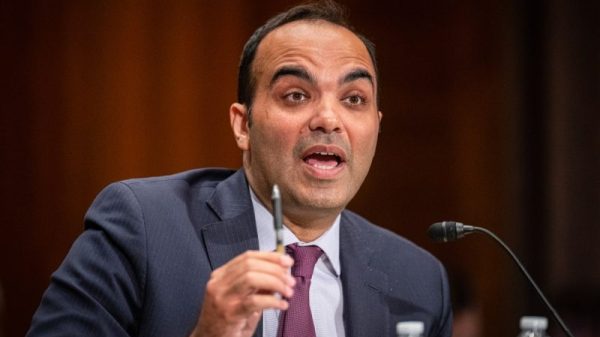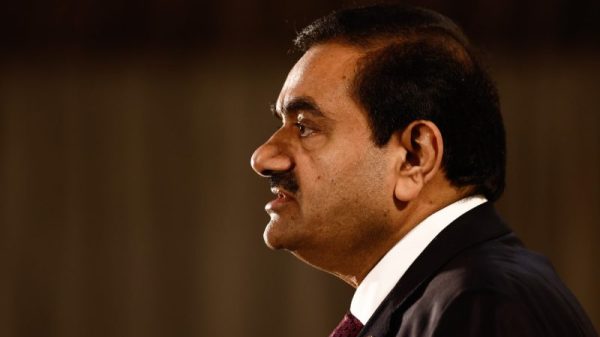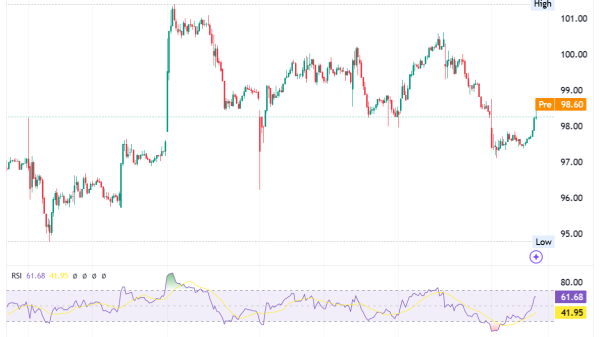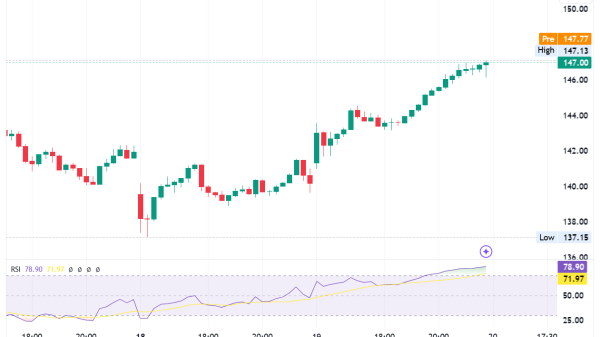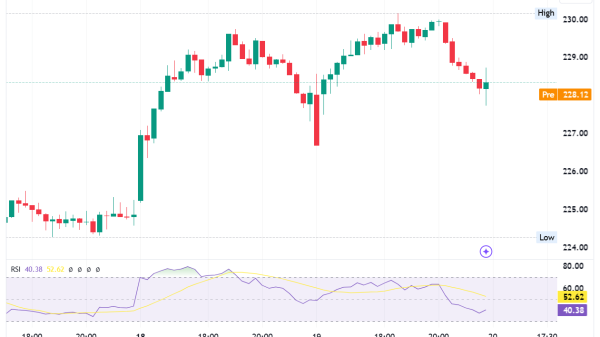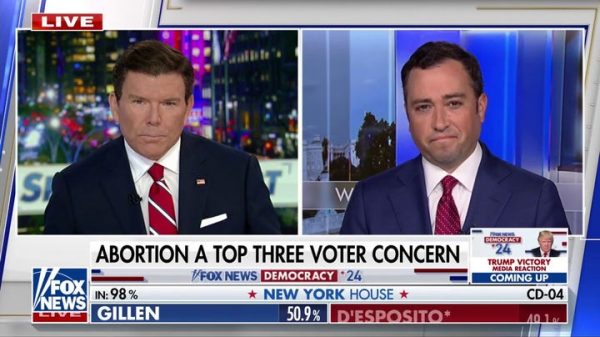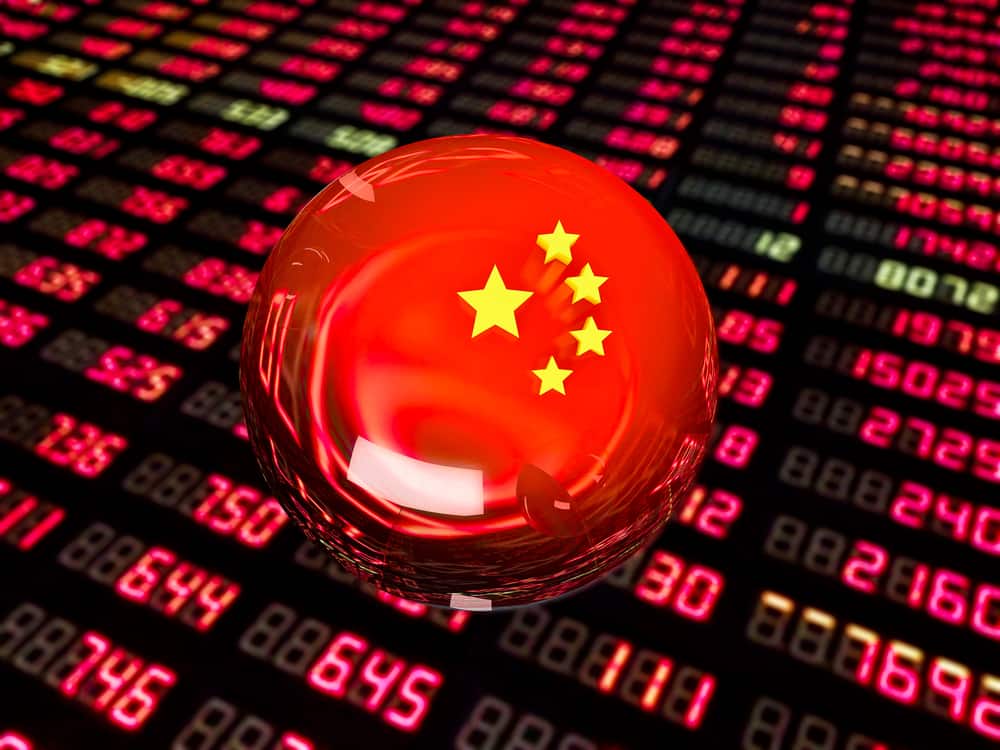Economic Challenge Ahead: Chinese Battle Against Deflation
In a sobering turn of events, the Chinese economic recovery faces a formidable hurdle as deflation sets in, with consumer prices registering a 0.3 per cent year-on-year decline in July. The producer price index, a key gauge of factory gate prices, paints a bleaker picture with a 4.4 per cent drop in the same month. These figures underscore the complexity policymakers are grappling with as they strive to reinvigorate consumer spending.
Navigating the Deflation Landscape
The recent slip into deflation marks a critical juncture for China’s economy. Consumer prices edge towards negative territory for the first time since early 2021. Meanwhile, the government faces intensified calls for increased stimulus measures. Simultaneously contending with a property sector slowdown and trade weaknesses, the economy stands at a crossroads that necessitates prompt and effective action.
Eswar Prasad, a Chinese finance expert at Cornell University, warns of a looming deflationary spiral. He also emphasized the urgency of intervention to safeguard growth and maintain private sector confidence. The government’s swift and resolute actions become imperative to avert further economic deterioration.
China’s Unique Path
Unlike other major economies that sought to counter pandemic impacts with extensive stimulus packages, China adopted a distinct approach. Its three-year zero-Covid policy aimed at controlling the virus has set it apart from the global inflation trend observed elsewhere. Despite these efforts, the current economic landscape reveals a different story.
Policy Responses and Realities
Policymakers have projected optimism through rate cuts and business-friendly tax incentives. Yet, substantial stimulus measures remain elusive. The Communist Party politburo’s acknowledgement of a “tortuous progress” recovery signals the need for more proactive measures to expand domestic demand.
Against the backdrop of a government target of 5 per cent GDP growth for 2023, the lowest in decades, persistent weak data raises concerns about China’s outlook. The lacklustre 0.8 per cent growth between the first and second quarters, coupled with a 14.5 per cent year-on-year decline in July exports, underscores the gravity of the challenge at hand.
Unravelling Factors
Shanghai-based economist Dan Wang attributes the inflation and trade woes to diminished consumer purchasing power and wavering confidence. Moreover, the fluctuation of consumer prices in recent years, particularly influenced by pork prices, adds complexity to the inflation landscape.
Producer prices, largely dictated by commodity and raw material costs, have languished in negative territory for ten consecutive months. This aligns with the manufacturing sector’s contraction for four straight months, reflective of dwindling demand for Chinese exports.
China’s Economy: The Road Ahead
As the nation faces these economic headwinds, anticipation grows for upcoming data releases that will provide insight into July’s industrial production and retail sales. These indicators will shed further light on China’s health and its trajectory in the face of ongoing challenges.
In the midst of this multifaceted struggle against deflation, Chinese policymakers hold the reins of the economy’s fate. Decisive actions to stimulate domestic demand and mitigate the risks of a deflationary spiral will be the linchpin to securing a stable and resilient economic future.
BONUS VIDEO: Weekly news summary from the markets
The post Economic Challenge Ahead: Chinese Battle Against Deflation appeared first on FinanceBrokerage.


